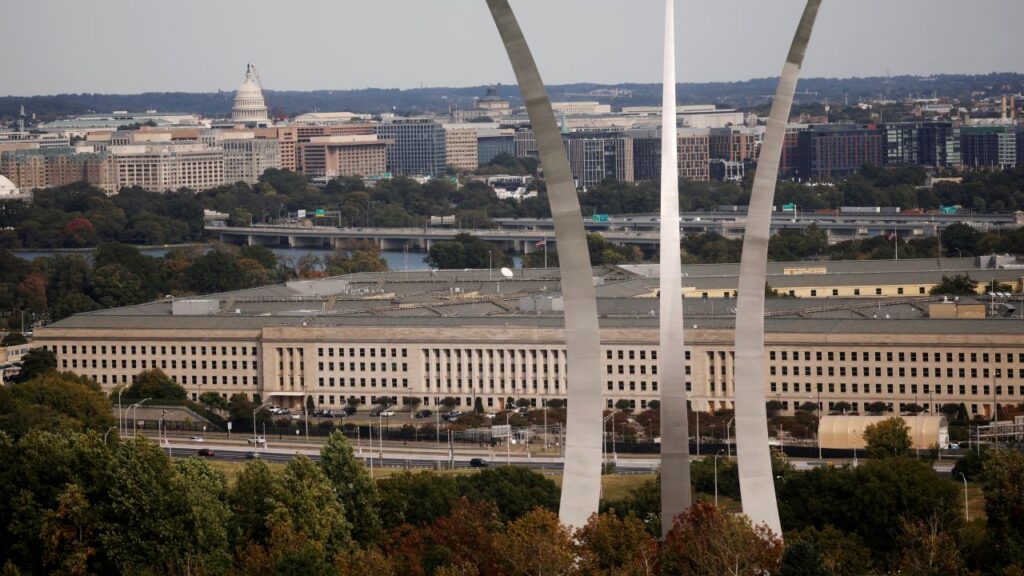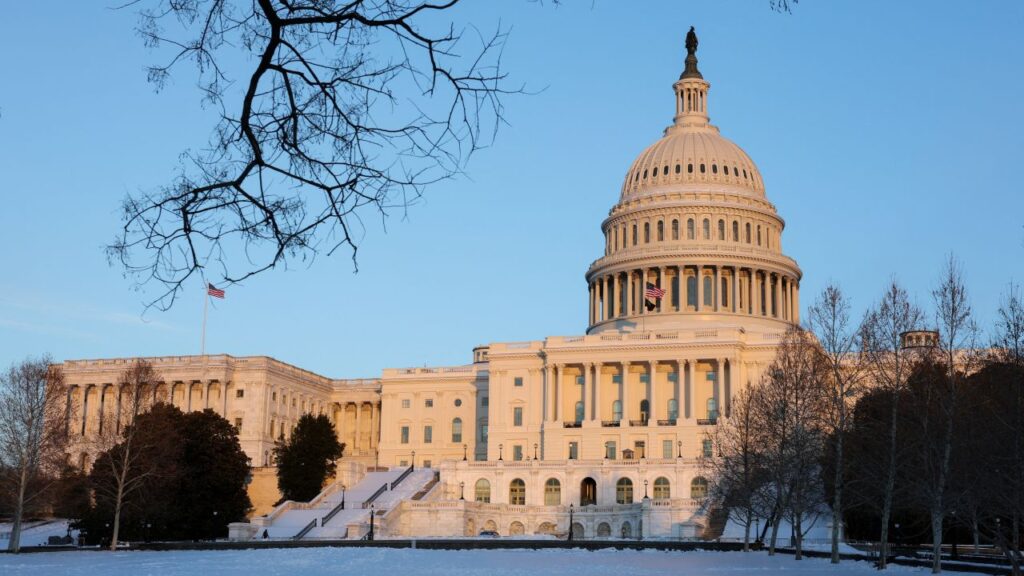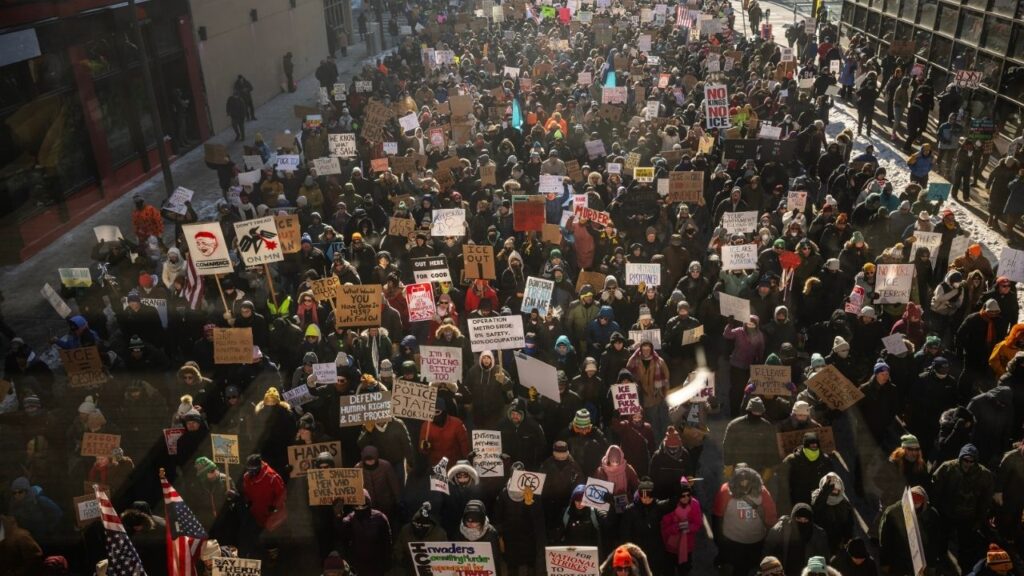NATO bolsters its defense plans with over 500,000 troops on high alert, as the alliance faces a growing threat from Russia. (Shutterstock)

- NATO has undergone a significant transformation in collective defense, with over 500,000 troops at high readiness.
- Some NATO members are considering reintroducing mandatory military service or expanding intake and training.
- The recent NATO summit saw allies re-commit to expanding aid to Ukraine and bolstering military readiness.
Share
|
Getting your Trinity Audio player ready...
|
In response to the escalating threat from Russia, NATO has undergone a significant transformation in its collective defense strategy.
According to NATO spokesperson Farah Dakhlallah, the alliance currently has “more than 500,000 troops at high readiness” as part of the most comprehensive defense plans since the Cold War.
This move comes as Russia’s President Vladimir Putin and his allies claim they are engaged in a direct clash with the U.S.-led “collective West.” Some NATO members are considering reintroducing mandatory military service, while others are expanding intake, intensifying training, and building equipment stockpiles.
“Around a third of NATO members have some form of compulsory military service,” Dakhlallah told CNN. “Some allies are weighing up conscription. However, as an alliance, we do not prescribe mandatory military service.”
The alliance has been struggling to mobilize its military and industrial might since Russia’s aggression against Ukraine began in 2014. The recent NATO summit in Washington, D.C., saw all 32 allies re-commit to expanding aid to Ukraine and bolstering their own military readiness.
However, upcoming pivotal elections in Europe and the U.S. this year threaten to slow collective action, particularly with concerns about a potential return to former President Donald Trump’s “America First” foreign policy.
Related Story: Biden Shepherded Europe on Ukraine and NATO. What Happens Now?
Beginning in October, outgoing Dutch Prime Minister Mark Rutte will lead the alliance, succeeding Secretary General Jens Stoltenberg, who has held the post since 2014.
Read more at Newsweek.



















